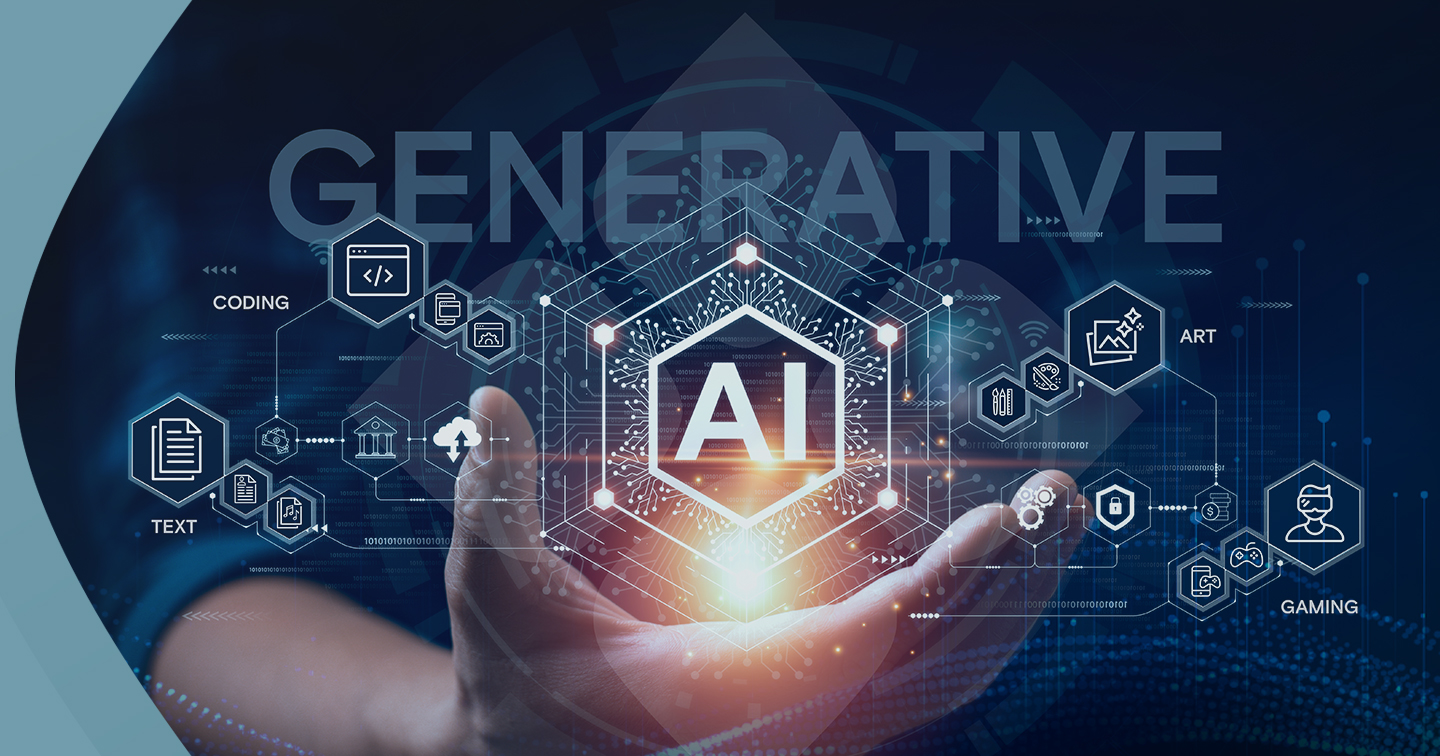Introduction to AI Marketing
Artificial Intelligence (AI) has revolutionized various sectors, and marketing is no exception. AI marketing refers to the use of AI technologies to automate data collection, analysis, and interpretation, enabling marketers to make more informed decisions. This transformation has led to more efficient, personalized, and scalable marketing strategies. The impact of AI on marketing is profound, as it allows for unprecedented levels of customization and engagement with potential customers. This article explores the various facets of AI marketing, highlighting its benefits, applications, and future potential.
Personalization and Customer Insights
One of the most significant advantages of AI in marketing is the ability to deliver highly personalized experiences. AI algorithms can analyze vast amounts of data from various sources, such as browsing history, social media activity, and past purchases, to create detailed customer profiles. This data-driven approach enables marketers to segment audiences more accurately and tailor their messages to individual preferences and behaviors.
For example, AI can help companies send personalized email campaigns that address the recipient by name and recommend products based on their previous purchases or browsing habits. This level of personalization enhances customer satisfaction and increases the likelihood of conversions. Moreover, AI tools can predict future customer behavior by identifying patterns and trends, allowing marketers to anticipate needs and act proactively.
Automation and Efficiency
AI marketing significantly enhances operational efficiency through automation. Tasks that previously required significant human effort, such as content creation, ad placement, and customer service, can now be handled by AI-powered tools. This automation frees up valuable time for marketers, allowing them to focus on more strategic aspects of their campaigns.
Chatbots are a prime example of AI-driven automation in marketing. These intelligent agents can handle customer inquiries 24/7, providing instant responses and solutions. They can manage a wide range of tasks, from answering frequently asked questions to processing orders, thereby improving customer service and satisfaction. Additionally, AI can automate the process of ad buying and placement through programmatic advertising, ensuring that ads reach the right audience at the optimal time and place, thus maximizing return on investment (ROI).
Data Analysis and Predictive Analytics
AI excels in processing and analyzing large datasets, uncovering insights that might be missed by human analysts. Through machine learning algorithms, AI can identify patterns and correlations within data, providing valuable insights into customer behavior, market trends, and campaign performance.
Predictive analytics, powered by AI, enables marketers to forecast future trends and outcomes based on historical data. For instance, AI can predict which products are likely to be popular during certain seasons or identify potential churn risks among customers. These predictions allow marketers to make data-driven decisions and adjust their strategies accordingly. By leveraging predictive analytics, companies can optimize their marketing efforts, reduce wastage, and achieve better results.
Enhancing Creativity and Content Creation
AI is not just about data and automation; it also plays a crucial role in enhancing creativity in marketing. AI tools can assist in content creation by generating ideas, writing copy, and even producing visual content. Natural language processing (NLP) algorithms can create engaging articles, social media posts, and ad copy that resonate with the target audience.
For instance, AI-driven content generation tools can analyze the performance of previous content and suggest improvements or generate new content that aligns with successful trends. This capability helps marketers maintain a consistent and high-quality content output without overwhelming their creative teams. Additionally, AI can assist in A/B testing by quickly analyzing the performance of different content variations, enabling marketers to identify the most effective approaches.
Future Prospects and Challenges
The future of AI marketing looks promising, with continuous advancements in technology expected to bring even more sophisticated and efficient tools. However, this rapid development also presents challenges that need to be addressed. Ethical considerations, such as data privacy and algorithmic bias, are paramount. Marketers must ensure that AI is used responsibly, protecting consumer data and avoiding practices that could lead to discrimination or misinformation.
Furthermore, as AI becomes more integrated into marketing strategies, there is a growing need for skilled professionals who can manage and interpret AI tools effectively. This shift requires ongoing education and training to keep pace with technological advancements.
In conclusion, AI marketing is transforming the landscape of how businesses engage with their customers. By leveraging AI for personalization, automation, data analysis, and content creation, marketers can achieve greater efficiency and effectiveness in their campaigns. While the future holds immense potential, it is essential to navigate the associated challenges responsibly to harness the full power of AI in marketing.





